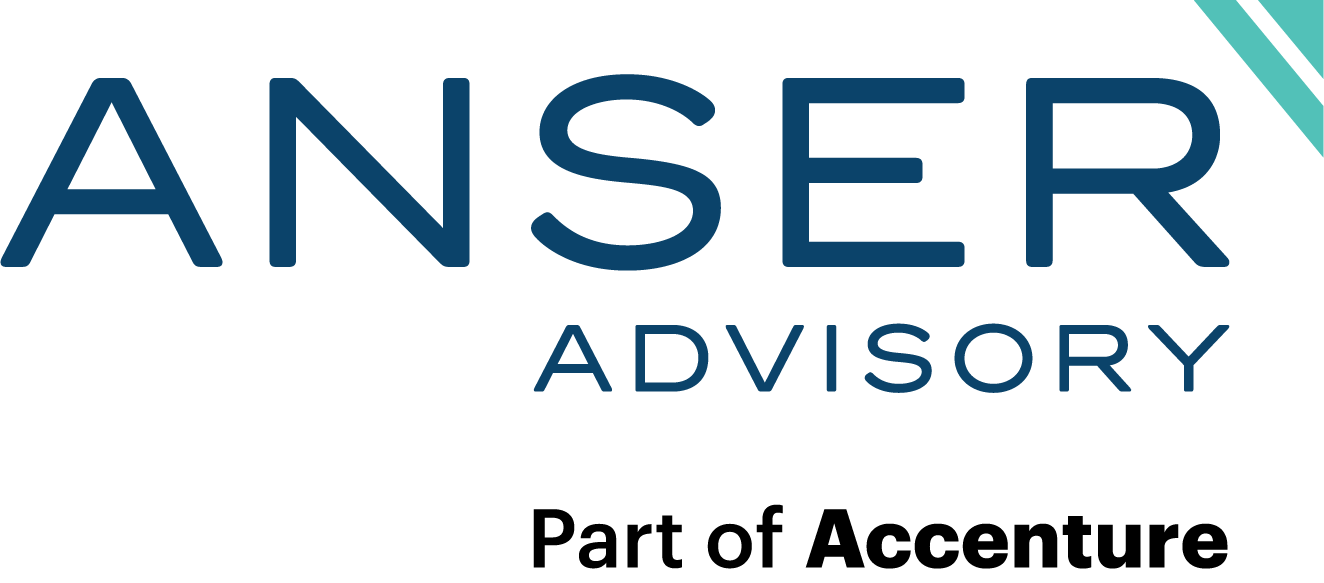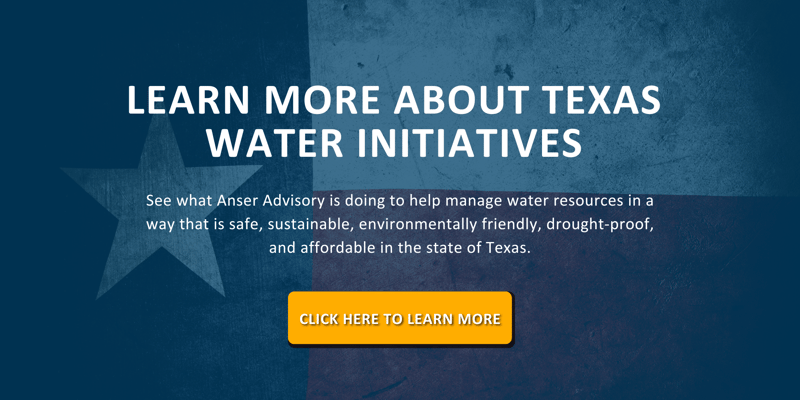In Texas, every utility that has more than 3,300 connections will have both water conservation and maintenance plans. But conservation and maintenance converge in a specific place: leak detection.
Estimates suggest that somewhere between 20 and 50 percent of the U.S. water supply is lost through system leaks. That's a lot of water. And that loss matters. In most places around the country water is harder and harder to acquire, regardless of geography. Florida gets 54 inches of rain in an average year, but every year isn’t average. Florida is subtropical and a lot of that water needs to stay in the environment. Texas has vast areas of dry land and lengthy droughts appear to be more frequent.
Finding new water sources, especially when existing sources are largely tapped out, is an expensive and lengthy process. In some places, there’s no “new” surface water or groundwater. Governments are directly or indirectly recycling water, meaning they are putting highly treated wastewater back into the natural system - wetlands, lakes, rivers, aquifers etc. It lets them recharge the water supply or directly connect the wastewater treatment plant to the water utility. Think of it as closing water loops.
But let's not forget the leaks. Leaks waste a valuable and increasingly scarce resource. And, frankly, the cheapest water we’ll ever have is the water we’ve already got.
Enter the Texas Legislature 2023. Senate Bill 28 would create a new Texas water fund that targets the development of 7 million acre-feet per year by 2033, a substantial investment in Texas water. The bill calls for a specific focus on rural and small communities. Additionally, the bill would allocate funding for technical assistance to those communities with a strong emphasis on identifying and addressing line loss.
But it doesn’t matter whether the utility is large or small, rural or urban, disadvantaged or otherwise. Lost water is a shameful waste. If a utility is delivering 25 million gallons to customers every day and is leaking 20 percent of that supply, they're losing five million gallons every day. A small utility that delivers 10 million gallons of water daily with leaks approaching 50 percent is losing five million gallons. These water losses also represent lost revenue and increased cost to produce, treat and deliver water. No utility, regardless of size, can afford this loss rate and will be eligible for funding to find and fix their leaks.
This is a problem that is too expensive to ignore. The cheapest water is the water we have; the most expensive is the water we lose to leaks.
Visit waterworks4texas.com to learn more today.
About the Authors
Robert Sheets
Leader, Government Services Group, Anser Advisory

Known as a man who gets things done, Robert Sheets has spent a professional lifetime helping advance the goals of local governments. His relationships with local, regional, and state governments, as well as the Department of Defense, have been instrumental in establishing public-private partnerships with a triple bottom line: good for the community, good for business, and good for the environment.
Carlos Rubinstein
Water Policy Consultant, Anser Advisory

Rubinstein is an expert on Texas water policy. As chairperson of the Texas Water Development Board (2013-2015) he oversaw the implementation of the $2 billion State Water Infrastructure Fund. (SWIFT). He is a Board Member of the Texas Water Foundation and the Texas Water Trade. Rubinstein has served as the Texas representative to the Western States Water Council and the Border Governors' Conference Sustainable Development worktable. Rubinstein served as the Texas Commission on Environmental Quality (TCEQ) commissioner from 2009–2013. He is a former deputy executive director of TCEQ and Rio Grande Watermaster. Rubinstein has appeared as an expert witness on various environmental cases and has published several peer-reviewed articles on Texas water policy. He is a former city manager for the City of Brownsville. Rubinstein earned a bachelor's degree in biology from Pan American University.



